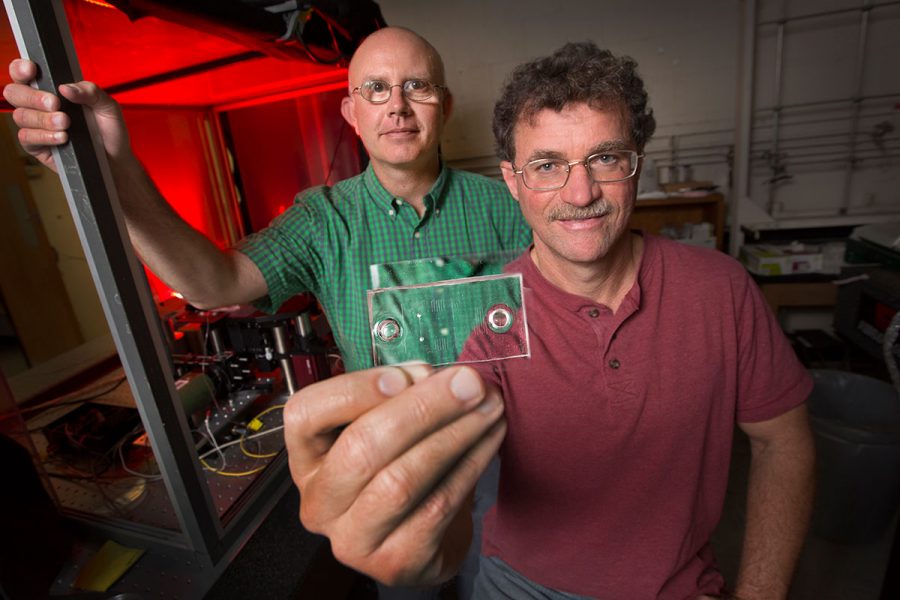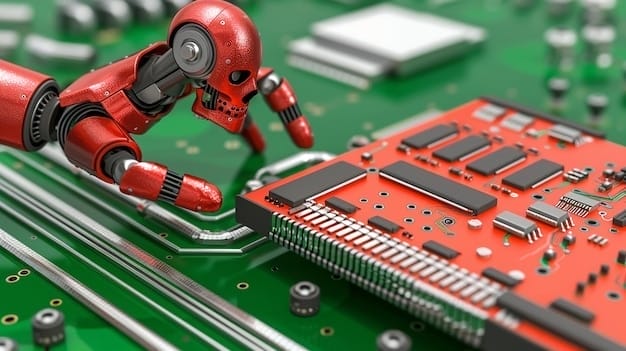Type I Diabetes Mellitus, simply known as type I diabetes, is an autoimmune condition in which the body mistakenly attacks and destroys the beta cells in the pancreas causing there to be a loss in the regulation of blood glucose levels. This lack of control of blood glucose in the bloodstream can lead to severe complications such as blindness, kidney disease, and loss of limbs. Type I diabetes has been traditionally managed with administration of insulin after meals or through continuous infusion of insulin throughout the day. However, these types of insulin administration are not without its shortcomings.
Stress levels, illness, and certain drugs can also affect blood sugar levels. These variables can all make a consistent insulin dosage either inadequate or too potent, which can then lead to fatal consequences. Therefore, having a more tailored approach to diabetes management would be incredibly beneficial for diabetes patients.
Researchers aim to do just that with the artificial pancreas. In fact two groups of researchers from the University of Virginia (UVA) School of Medicine and the Harvard Paul A Johnson School of Applied Engineering and Sciences (SEAS) have received 12.7 million USD of support from the National Institutes of Health (NIH) in the United States in order to conduct two six month multi-center and multi-national clinical trials of the artificial pancreas in 2016.
Source: Harvard John A. Paulson School of Engineering and Applied Sciences
The artificial pancreas has just three components; a continuous blood glucose monitor, an insulin pump, and software that uses an algorithm to determine the appropriate level of insulin to release. What is novel about the algorithm is that it aims to be predictive rather than responsive to blood glucose levels.
The algorithm was first developed by Francis Doyle PhD, Eyal Dassau PhD, and Howard Zisser MD, and then further modified into the iteration being used in the clinical trials by Mode AGC (Automated Glucose Control LLC), and groups at Harvard University. The trials will utilize the control-to-range artificial pancreas system developed at UVA and currently licensed TypeZero Technologies.
The first trial has 240 patients and aims to test the safety and efficacy of the artificial pancreas. In addition to this goal, the artificial pancreas will be compared to the conventional insulin pump in terms of how well blood glucose levels are managed, and whether or not the risk of hypoglycemia is reduced. The second trial will monitor 180 patients from the first trial for six more months in order to test the algorithm developed by Doyle and colleagues. According to Dr. Doyle, the challenge of the trials is to “fine tune the algorithm…learn those characteristics, and consequently have a more optimal way of delivering insulin to stabilize the blood glucose levels”.
Article Sources:












